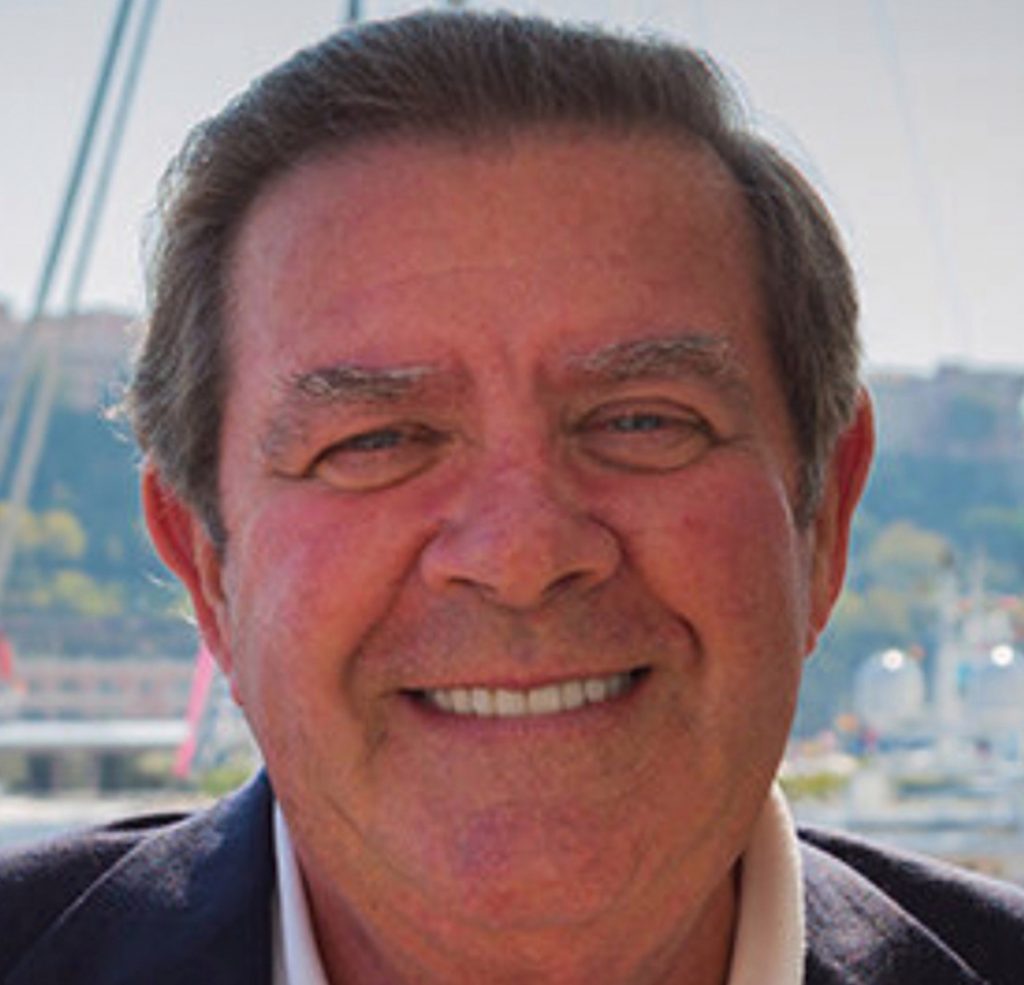
Terry Giles is the author of the forthcoming The Fifteen Percent: Overcoming Hardships and Achieving Lasting Success, a book that covers a remarkable career that extends from a successful legal practice to business, to politics, to the fight for civil rights. A world class raconteur, Giles shares about his life and the lessons he has learned with refreshing candor and irrepressible optimism.
Giles has served as the chairman of the board of directors of Landmark since the early 2000s, and Landmark Forum News recently had the opportunity to interview him about both the book and his remarkable life and career:
Editor’s note: This interview has been edited and condensed for clarity.
LFN
Terry, you’ve had a truly amazing life. It’s so interesting. Lets give you a chance to share about yourself and help people get a sense of you and certainly what you want people to know about you. And given we’ re interviewing you shortly before the release of your book, The Fifteen Percent, what is it that’s relevant about you or that you’re committed to that you want people to know?
TERRY GILES
Well, I feel like I’ve been very, very lucky. I mean, there’s nothing about where I grew up or what I went through as a kid that would have indicated that my life would be the way that it is. I feel lucky and very fortunate that some things happened to me that, at the time, I probably saw as negatives. But in fact, I was learning things and I was experiencing things that helped make me who I am today and have really helped to create a certain outlook that I have that has been very useful to me in this lifetime.
So for instance, one could say it was unfortunate that I had a father who would disappear for months at a time and was a major alcoholic, but there were reasons behind that, because of what he went through in the military before I was born.
But the truth of the matter is that what that created in me was an ability to stand on my own and a very young age.
It also caused us to have to move a lot. And as a result, moving from company to company, event to event, buying something in Europe or Mexico or wherever it might be was easier–I don’t have much of a fear factor about moving or changing careers. That’s probably a lot to do with the fact that I went to 21 schools in my first 10 years of education. So that’s an example of where something seemed negative. And yet, it turned out to be a real positive in my life.
And so, I thought that if I could somehow deliver a message that even when things seem to be negative, even when things seem to be hard, they can actually be preparing you for something significant and wonderful in your life.
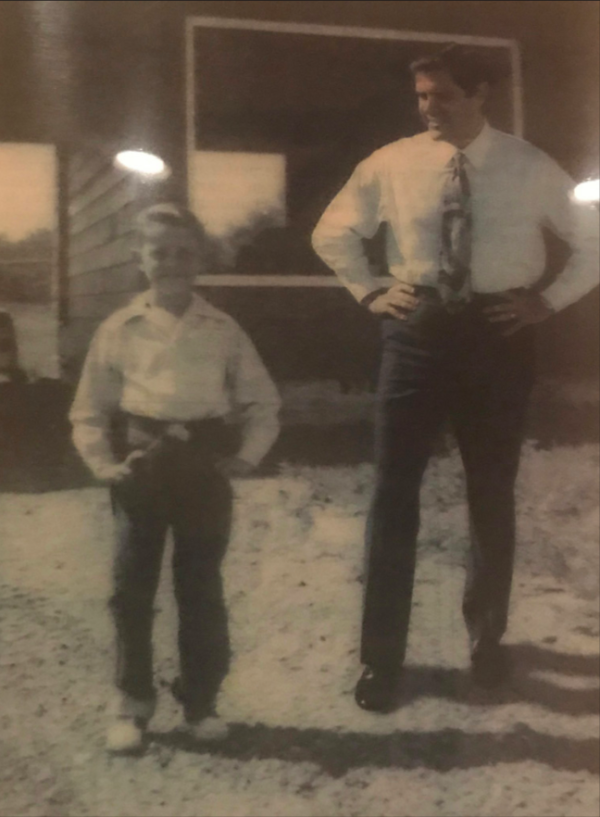
LFN
Throughout the book, there are stories about people who left an impression on you. Many are people that have been through things that most of us can’t even imagine. Your focus on the people who really manage to persevere… The undertaking of a book is a massive thing. The time, the focus, the incredible commitment required to finish it–is there anybody in particular you’d say you wrote the book for?
TERRY GILES
Well, I can tell you this, I started the book about four years ago in 2016. Then my intent was to get it completed by the end of 2017. I had good friend, who is an accomplished author himself, adding research and editing while I was on vacation in Europe in 2017. I was going to come back and then finish the book.
As it turned out our house in Houston was flooded during Hurricane Harvey. It took us a year to rebuild and the ability to take time on the book just seemed to disappear. I just let it sit. And then in December of 2018, my mom died. It was then that I realized that the person I was writing the book for, although maybe I didn’t know that at the time, was my mom. And now she had died. I felt bad about it, and so I sat down and really stuck with it until I completed it.
So I think I wrote it for my mom. And the sad part for me is I didn’t finish it in time for her to see it or read it. And I still feel bad about that.
You know, you think your mom’s going to live forever. She wasn’t really sick. Then all of a sudden, she went from health to death in like four months.
No one will ever love us as deeply as our mom does.
LFN
In the introduction, you write about how impacted you were by various people and even horrible crimes. Interestingly, even instances where you were defending a person accused. One gets the sense that these are people that you really have a concern for.
TERRY GILES
I guess because I grew up feeling like an underdog. And I was–I was in a very poor area; I moved all the time; I was always the new kid.
I think there was a part of me that went into criminal defense because it seemed natural for me to defend the underdog.
And some things happened there that made me decide that wasn’t where I should spend my life, but I really do think that was the case.
And even today, one of the things that I do that has really led to some wonderful experiences and wonderful relationships is that I go in and solve people’s problems. There could be a variety of different kinds of problems, whether it’s helping the King siblings to get along, or dealing with a business issue regarding Landmark, but there is something exciting about stepping into the breach when somebody is the underdog. They might not be an underdog in life. But in that particular set of circumstances they’re definitely the underdog, you know? I seem to drift that way. [Laughs] Even having the St. Louis Cardinals as my favorite baseball team! They’ve been underdogs more years than they have been champions. I have a tendency to root for underdogs.
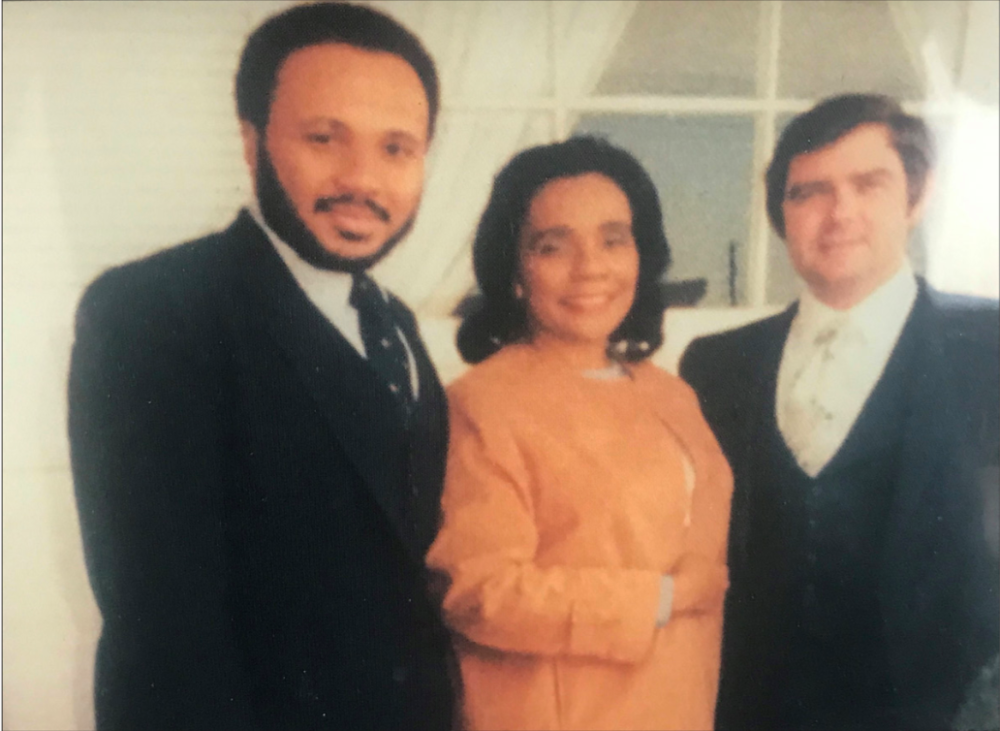
LFN
One of the other things that you really put an emphasis on in the book, an entire chapter in fact, is that a key to success is not being stopped by a fear of failure. You talk about a number of failures very openly in the book. What would you say is one of the biggest ones? And how did it contribute to you?
TERRY GILES
Well, I don’t think there’s any question that the biggest failure in my life was my first marriage. And by that I don’t mean to infer anything negative about Patti. As I indicate in the book, I really felt like I was the one who created the problems in the marriage. I was a workaholic, working long hours and probably not the easiest guy to get along with when I got home late at night after trial, etc.
I probably learned more from the failure of my marriage than any other time in my life. But it also is the hardest thing I’ve ever gone through–I hurt somebody who really is a very sweet person and didn’t deserve to be hurt. And most of what I do in life is help people. I like to go in where there’s a problem and solve the problem and help them win, yet here I am in my personal life suffering a loss and hurting somebody that I had no intent to hurt. I would say that was without question the most difficult.
Probably from a business perspective, The Physicians Capital Group. I think I make reference to that, too. It was the best idea I’ve ever had, the best business idea I’ve ever had–and the biggest failure. How does that happen?
I had a lot of friends who had invested in the company, and they were only invested because of me. I was the biggest investor in the company, but I decided to reach into my own pocket and try to make it less onerous on all the people who were involved. They each got tax write-offs for the loss, but I tried to reimburse them for the actual amount of loss as best I could. And I remember a number of people that said, “You know, you’re not under contract to do that. Why are you going to do that?”
I said it didn’t matter if I was under contract or not; I was doing it because they only invested in this thing for one reason: me. And normally, I did things on my own, so it was the first time anybody ever lost any money investing in me, and I couldn’t stand that. So I had to make it right.
But that was painful. Losing the company was painful, paying back the money was painful–It was painful all the way around. But as I said in the book, you know, the universe is really interesting. I found that if I do the right thing, good things happen. And if I’m not doing the right thing, then good things won’t happen. And sure enough, a couple of unbelievable things happened financially that I didn’t see coming, and I was able to recoup all those losses within just a period of two or three years. So I like to think that was karma paying me back for being a good guy! Who knows if it’s true or not, but that’s how it felt to me.
LFN
Well, it’s clearly living true to a standard you have that’s reflected throughout the book.
Let’s go back to a few vivid stories that you share in the book. You put a real emphasis on being bold; you use that expression, ‘jumping into the breach.’ One example you use comes from your five summers working at Disneyland.
In particular, I have to ask–Did you really wear your Disneyland costumes to increase your chances to get on game shows?
TERRY GILES
[Chuckles] I did, on Let’s Make a Deal! You can’t take your uniform out of Disneyland, but I was a Jungle Cruise guide, so I was able to go to a military store and pick up some things that looked like I was a Jungle Cruise guide. And Patti, because of a couple of Halloween parties we’d gone to, had an Alice outfit. And she was the character Alice in Wonderland at Disneyland when I worked on the Jungle Cruise. So, dressed as we were, [the hosts] would come down a long line of costumed folks yelling and screaming to get on the show. And they stopped to interview us and asked what it was like to work at Disneyland. And really, I think what did it was Patti being Alice in Wonderland. That always fascinated people, you know? So the game show thing was a lot of fun. Oh, and we won a car!
…
The one thing that I do in life that I’m absolutely certain makes the world a better place is my involvement with Landmark Worldwide and my involvement with Werner Erhard.
There’s a lot that I do that I think is good work: being Vice Chairman of the Board of Pepperdine University, working on the scholarship committee for Horatio Alger for 26 years; all those things are good things, but the thing that that I’m certain makes a difference in the world has been my involvement with Landmark and what I’ve done with Werner. That has been such a wonderful thing to have happen.
It always fascinates me how the smallest things can lead to some of the most important things that you end up doing. It’s crazy.
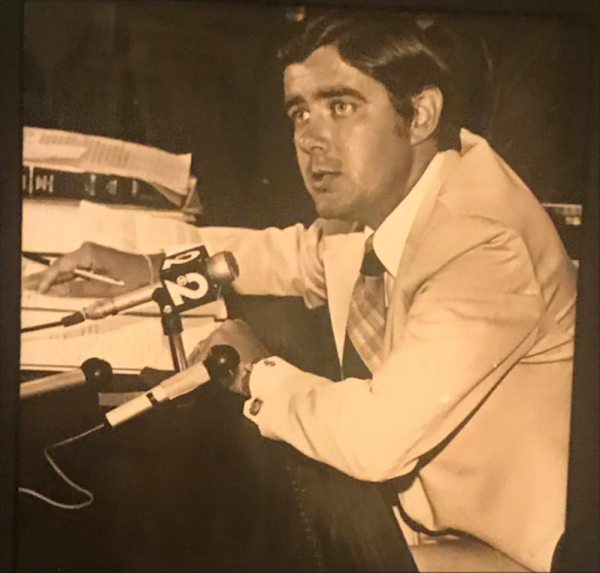
LFN
Your friend William Millard has a term: ‘Current best idea.’
As an entrepreneur, can you explain it for people and say why it’s important and how ordinary people can utilize this at work?
TERRY GILES
Well, you know, as I became more successful, when I would be in meetings, I would say something to somebody, intending to be persuasive, but mainly to start a discussion that will lead to a good idea.
But as I began to be more successful, the things I said were taken more as direction than the beginning of a discussion where they could feel free to give me their best input. I had heard William Millard use this term, ‘current best idea,’ and I liked it. And then I realized: That’s the key. So when I’m in a group meeting and I’m trying to get the best out of the group, when I start the discussion, I’ll refer to my first ideas that I’m putting on the table as my current best ideas. Now I have just given everybody in the room not only my permission, but I’m asking them to help me have a better idea than my current idea–if there is one. And I’m not letting my ego get stuck on something if I look at everything as a current best idea.
So it’s a great term. It allows everybody in the room to feel like, ‘Okay, this is still an open discussion; we’re still trying to get to the best approach.’ It’s a great way of saying, ‘This is my best idea, but I’m not sure it is the best idea. Help me.’ I just found that term–current best idea–to be remarkable. And I met Mr. Millard in the mid 80s, so for 35 years now, I’ve been using that term. And I love it. And it’s funny because there’re all sorts of people in my life that now use it on a regular basis. And that always tickles me, too.
LFN
A lot of people have difficulty with uncertainty. And yet, like so many entrepreneurs, you almost advocate living in the uncertainty. What would you say to somebody who wants to make the leap to be an entrepreneur or follow a passion that requires they deal with uncertainty?
TERRY GILES
You know, being an entrepreneur isn’t for everyone. I have a number of people who have been very, very important to me. They were not entrepreneurs, but they were real doers. I mean, they were very skilled at a particular function. And they were very organized, and they could do the same thing every day in the business and grind it out for maximum success. Because once you get a business started and then really rocking and rolling, you want it to operate that way on an ongoing basis, and that means doing it over and over and over again with the same degree of passion as if it were the first time. And the world needs people who can do that.
To be an entrepreneur, you need to not have a fear of failing, but secondly, you do have to be willing to live on the cutting edge. You hope it won’t be the bleeding edge, but you have to be out there on the edge or you’re not going to be successful. You know, if you’re starting a new company, either you’ve got to do it better than anybody else has ever done it, or you have to be the first one to do it. One or the other. Either way, you’re basically taking a leap. And you try to do that intelligently, but nevertheless when push comes to shove, at some point you gotta go off the high dive and hope water’s in the pool.
LFN
You built a really successful law practice and had high-profile cases and clients like Richard Pryor, and then you changed gears to be a total newbie in the car dealership business. What was that like for you, given what we were just talking about with uncertainty?
TERRY GILES
For me it’s always been a lot of fun. The uncertainty plays well for me. I don’t think they knew how to diagnose it when I was a kid, but I’m pretty sure I had ADD. And I’m real sure I now have adult ADD. In fact, I’ve had a psychiatrist confirm that. So I get bored easy, and quite honestly, taking on new projects, new problems, new issues, new businesses is exciting for me.
And that’s really where I get turned on. So it’s not only easy for me to shift from the law–where I was on top of my field–to buying a very small Toyota car dealership that was 1,150 out of 1,200 Toyota dealerships in the country. It was a new opportunity to build something.
But the key for me, as I jump from business to business, is that it has to be something I really understand. I mean, I’ve bought cars. I kind of know how to buy a car. And so, from that I felt like we could put together a business that would perhaps sell cars in a little bit different way than had been done before.
You know–having a children’s play area so the parents can concentrate on buying a car, salesmen in suits instead of crazy dress, banning sunglasses so the buyers could see the eyes of our salespersons, no pressure on the customers–these were things that most car dealerships were not doing at that time. I just found it exciting, and I found it interesting. And in three years we were the fifth largest Toyota dealership in the world.
But occasionally I would get in a business where I really had no idea what I was doing. The carpet pad company was an example. I’ve never actually bought a carpet. [Chuckles] And I’d certainly never bought a carpet pad! And all of a sudden, I’m in the carpet pad business. And I’m learning it, but I don’t have a passion for it, because I couldn’t relate to being a customer. So I couldn’t relate to it in the way that I needed to.
However, most of the time, if I’m involved in something that feels natural to me, it’s exciting. I don’t get into it in the book, but right now I’m doing a lot of consulting for one of the families that owns a major league baseball team. The patriarch is very ill, and they own a sports team, and the father’s always made all the decisions. So there are two sons in their 50s and a wonderful mother who’s almost 80, but they’ve never had to make the decisions that are now required. And for this family, they have to make a lot of them. So working with them and helping them to get through all of that is very exciting for me. And while much of this assignment is second nature to me, I am also dealing with a city and some unique issues that I’ve never dealt with before, and it’s challenging, but it’s fun.
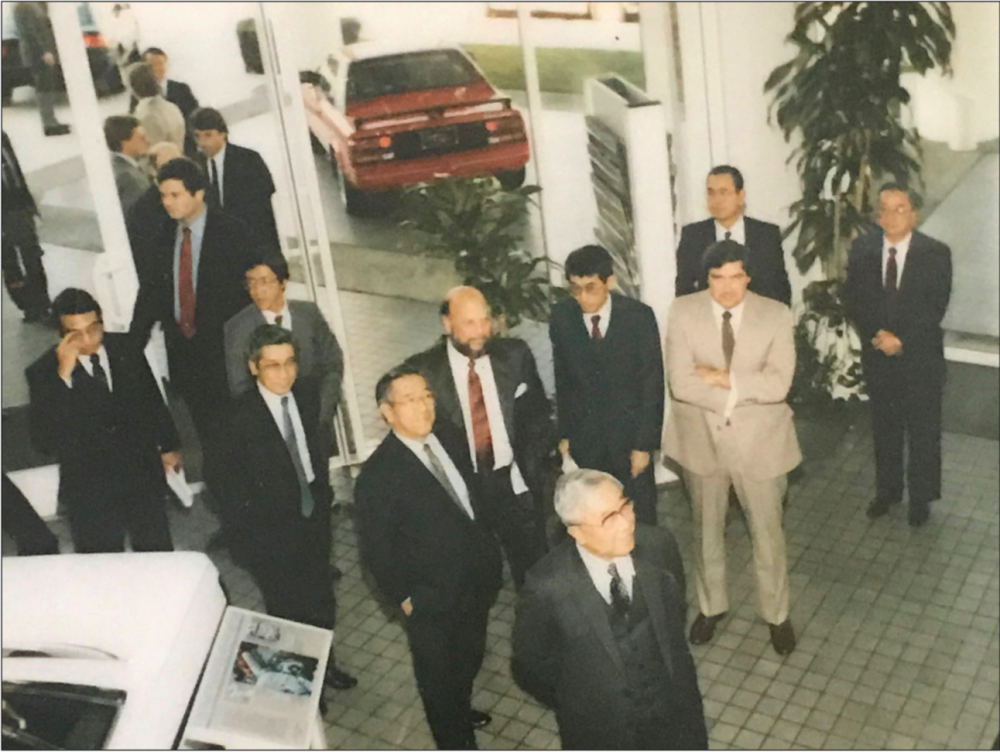
LFN
So, for people who are dealing with the fear of uncertainty, you really are advocating that the real joy and excitement is on the other side of embracing that.
TERRY GILES
Yeah, and I’ll tell you what’s ironic: Writing this book and now knowing it’s going to get published on March 10 and wondering what the sales will be–I probably have more fear and trepidation over this book than I’ve had for anything in a very, very long time.
LFN
And why is that?
TERRY GILES
Because it’s been a long time since I’ve put my personal emotions out there. And, you know, I’m hoping that the book will be entertaining, hoping there will be a valuable message, but I don’t know; maybe I will fall on my face! And I don’t care how old you are, how successful you are–that always hurts.
LFN
Sure.
TERRY GILES
So I’m as nervous about how the books is going to do as I’ve been on anything for a long, long time.
LFN
One of the things that is striking in the book is how honest you are. For somebody who has achieved the success that you have, many people in your position would feel pressure to kind of maintain an image, and you’re just sharing. It’s quite compelling.
TERRY GILES
Well, thank you for that. It was cathartic for me; I have to say that. It was really cathartic for me. Even if I’d never published it, it would have been good for my soul to have written it. For sure.
LFN
Another anecdote or story you shared was that you once went to the Orange County jail on Christmas to give fifty of your clients money to buy a candy bar. You saw each of them individually over several hours, which then inadvertently caused some drama for your practice. What gave you the idea to do that?
TERRY GILES
Well, you know, I was sitting at home; my wife was still asleep. We’d been up late the night before because Christmas Eve is when we always opened our gifts. I’d gotten up early, and I was sitting at the kitchen table, having a cup of coffee. And we didn’t have any kids. And it occurred to me that I had all these clients that were in custody in Orange County jail. (In those days, my calendar would tell me immediately which clients were in custody.) And when I checked it out, I had like fifty clients in Orange County jail at the time.
And I thought, ‘Those poor guys are in jail this morning. I mean, how bad is that? And, you know, maybe it’d just be really nice for me to go down there and let them know that I’m thinking about them. That I’m working on their case, and that I hope by next Christmas they’re out and with their families.’ And then on the way down there, I came up with the idea that it’d be nice to put $5 on the books for each of them, so they could buy a Christmas candy bar on me.
So when I got down there, the deputy sheriff who called people down–and I knew him because I was going to the jail to visit clients a lot in those days–he couldn’t believe I was there. Nobody else was around. So he called all fifty of them down, and while he was calling them down, I went over and put $250 on the books–$5 per client. And you know, I only took two or three minutes with each one, said what I needed to say and told them about the candy bar. And there were fifty of them, so it’s two or three hours. But I felt good about it. And it’s still only 11:30 in the morning on Christmas Day, so it’s not like it blew the whole day or anything. It just seemed like a really good thing to do. And I never really even thought about how that would appear to other prisoners. But it turns out those 50 clients went back into the general population. I’m pretty sure I was the only lawyer that came down to see their clients on Christmas Day or bothered to put $5 on the books for them.
And word spread.
In those days, our office closed between Christmas and New Year’s; there wasn’t a lot happening during that period of time. You probably don’t remember because you’re so young, but in those days there were pink slips on which the secretaries would take down phone messages, and they would put mine on my desk. When I came back to the office after January 1st, I had a stack of these things. It was three or four inches thick. And it was all from guys at the jail who called and said they wanted me as their lawyer–they wanted to fire their lawyer!
That was never my intent, and I never contacted any of those folks. At the time, I had the largest criminal practice by far, so there was always some jealousy. Even though I never contacted any of the prisoners who wanted to fire their lawyers, some lawyers went nuts and the Bar got called into it. And of course, once they knew the story, they said the complaints were ridiculous. Nevertheless, I always wondered why other lawyers didn’t do the same thing for their clients on days like Christmas.
LFN
One can see you really have a love for these guys. It’s very easy, particularly around the justice system, for outsiders to look at it in a binary way, one way or the other. And it’s pretty clear that in your practice you were sensitive to the gray, and the humanity of the people that may owe a debt to society, but who remain human beings. Their future is still redeemable.
TERRY GILES
Yeah, you said that very well; I mean, that’s why I put my home phone number on the cards, which no lawyers did in those days, especially criminal defense lawyers. It’s why I returned my phone calls every night. It’s why I might be up as late as one or two in the morning meeting with clients. Because I felt that I owed them a certain amount of respect and dignity, even though they might be in serious trouble at the time.
And also, you know, my Dad had gone to jail. As I was growing up, I was around people who occasionally were incarcerated. I wasn’t growing up in the best neighborhoods. So I had empathy for people. And not because I thought the law was wrong, but sometimes people are born into, or they find themselves in, circumstances where it’s pretty easy to make bad decisions.
And then the other side of that was: because I treated my clients with respect, they liked me. So while everybody else was badmouthing their lawyers, they’re bragging about their lawyer. In essence, my clients became salesman for me. They would talk about how we handled their case and how successful it was and how they felt about it. I couldn’t have asked for better publicity for my business at that time.
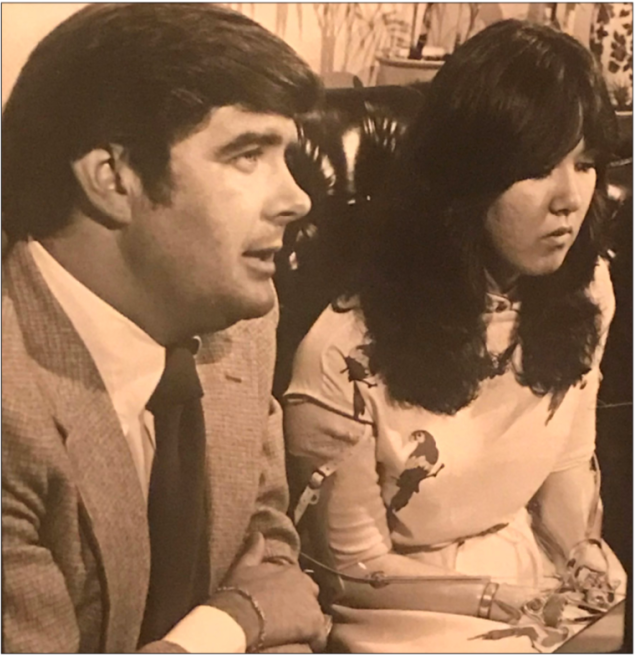
LFN
You really advocate for integrity in the book, and you’re a past adjunct professor at Pepperdine Law School. With all of the disappointment that we see around corruption… How do you get future practitioners of law to really get the importance of integrity?
TERRY GILES
You know, that is interesting. When I was younger, I’d say most of the people in law school were going to law school because they thought they could make more money as a lawyer than anything else they might prepare themselves to do. And law schools were tough in those days! On the first day, they’d tell you to look right and look left because one of those two people won’t be there at the end of the year, because they’ll have flunked out. It was cutthroat when I was in law school. But you know, it’s really changed now. They’re teaching lawyers to be service-oriented. I think law school is doing a good job today in teaching morality and ethics and service. And there’s more emphasis on going out and using your law degree to make the world a better place than there is using your law degree to just make a lot of money.
LFN
Do you think that change in emphasis has integrity be something that follows more naturally?
TERRY GILES
Yeah, I think so. Lawyers have had such a bad reputation for so long for being cutthroat. So I think law schools finally realize they’ve got to do a better job in preparing people to go out there and not be cutthroat, but to realize they’re dealing with human beings and human problems and to really do their best to reduce the acrimony instead of increasing it in order to justify fees and bill more hours.
I know that’s not always the case; I’m sure there are big law firms who still want their young associates to bill 18 hours a day. But overall, I think things are moving in a very positive way within the law profession.
There may have not been enough in the past, but I see a great deal of emphasis now on real ethics, not just the code of ethics of lawyers, but real human ethics. Which is a whole different set of rules in my opinion.
LFN
Two more things for you before we end. Werner Erhard, who you worked with as a client for many, many years, paid you a high compliment. He said:
‘The German word for ‘mensch’ perfectly pertains to Terry Giles, whose work speaks of a man who has realized the full possibilities being human. A man of goodwill with a deep appreciation for others, but no patsy. A man of integrity, but not rigid or righteous. A man of the world, yet full of wonder and open to learning. A man you can trust in every way.”
What do you have to say about him?
TERRY GILES
Werner is probably one of three human beings on the planet that I feel most honored to know and have worked with. I am even more honored to say he is a true friend.
He’s an extraordinary human being. I’ve watched him in his courses, and while he is tough when he needs to be, he is a man of great humanity. I believe he is one of the keenest intellects on the planet today.
He is such a great communicator, and he listens. Besides everything else, he’s a complete pleasure to work with.
LFN
He sure has a legacy.
TERRY GILES
Yes, he does. He really does.
LFN
Well, the last thing Terry is–you finish the book by asserting that everyone has the ability to be in the 15%.
TERRY GILES
Yes.
LFN
As an attorney, will you go ahead and make the case to anybody who’s reading for why that is possible?
TERRY GILES
Well, first of all, it’s probably pretty clear that I’m also an optimist. So–can we ever get to 100%? Probably impractical that that will ever happen. But could we be at 25%, or 50%, or 75%? Absolutely. It’s a matter of outlook. A lot of people go through a hardship and one of the things that happens is they internalize that they’re now a victim. And if you live life thinking you’re a victim and acting like you’re a victim and talking like a victim, you become a victim. And when you become a victim and you’re not in control of life, life is in control of you, and you’re never going to be a member of the 15%. But it was not because you went through hard times; it really is all more to do with your outlook and how you saw things. Did you see the hardship as a learning opportunity that will make you stronger–or did you see it as you becoming a victim?
Let me say that again: Do you see hardships and failure and negative things that happen as learning experiences that are going to help you be stronger and better and more prepared in the future? If you can avoid seeing yourself as a victim but as somebody simply in the school of life, having the enormous opportunity to learn something from that failure or hardship, then you’ve got a shot at taking that negative event, turning it around, and making it work for you.
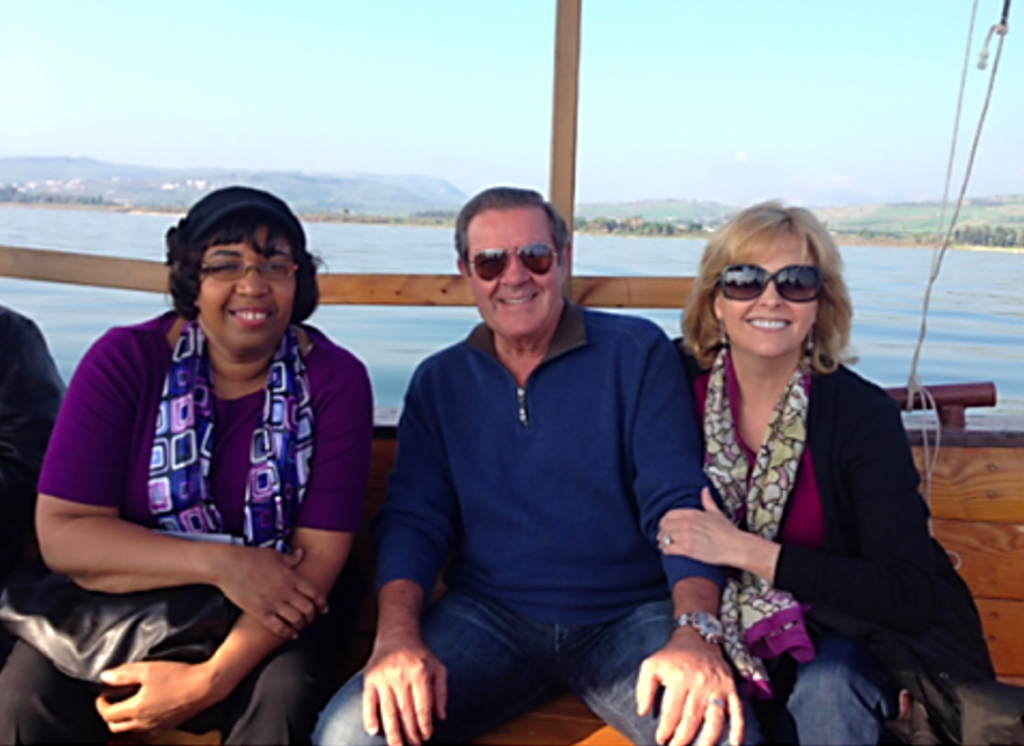
And when you do that, then you’re going to be more successful in your life, and because of your success, you’re going to be what is now the 15%. But that could easily be 25% or 50% or 75% if we could create in this world a situation where people aren’t looking at themselves as victims.
There’s nothing worse, in my opinion, than community leaders who are out gaining power and wealth mostly by telling their constituents that they are victims. These so called “leaders” are ruining the opportunity for others to have a great and successful life. And we have too many people out there who gain their power by telling other people that they have been victims. And that’s just wrong. It’s spiritually wrong; it’s mentally wrong; it’s physically wrong–everything about it is wrong.
LFN
Well, Terry, I really thank you for taking the time.
TERRY GILES
And I’m thankful that you’ve taken the time to read the book and do this interview and share it with others. I can’t tell you how much I appreciate that. Thank you so much.
LFN
Our pleasure. Take care.
TERRY GILES
Same to you; bye-bye.
—
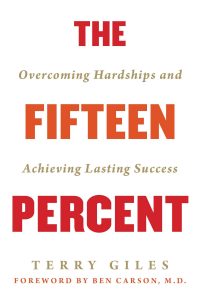 The Fifteen Percent: Overcoming Hardships and Achieving Lasting Success launches on March 10, 2020, and is available for pre-order in hardcopy or e-book from the following retailers: Amazon, Barnes & Noble and IndieBound.
The Fifteen Percent: Overcoming Hardships and Achieving Lasting Success launches on March 10, 2020, and is available for pre-order in hardcopy or e-book from the following retailers: Amazon, Barnes & Noble and IndieBound.
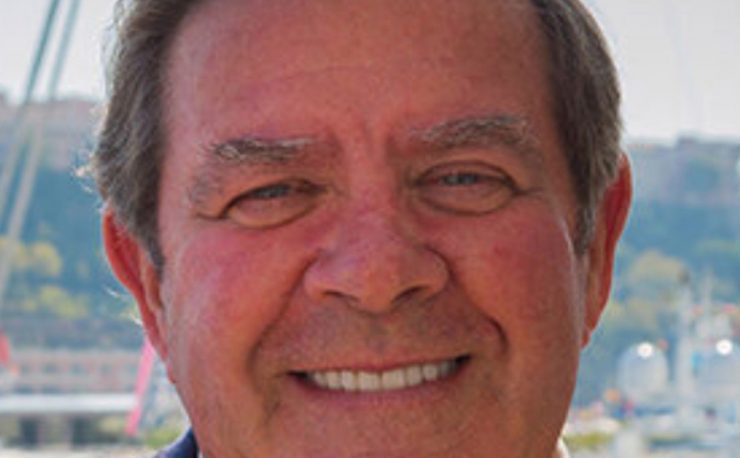

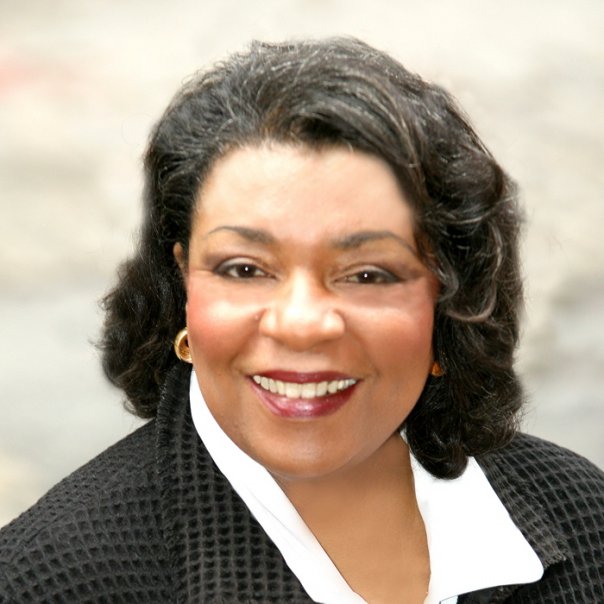

3 comments
Thank you for this communication.
Thank you both for being the human beings you are.
I appreciate that!!!
Very good.
Very good, ´´current best ideas´´